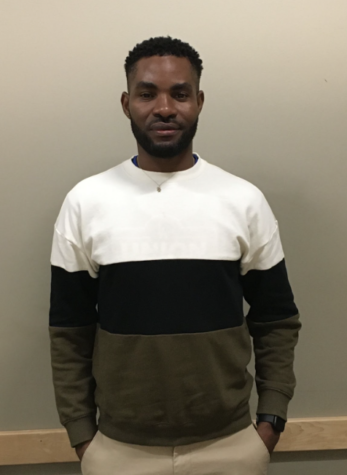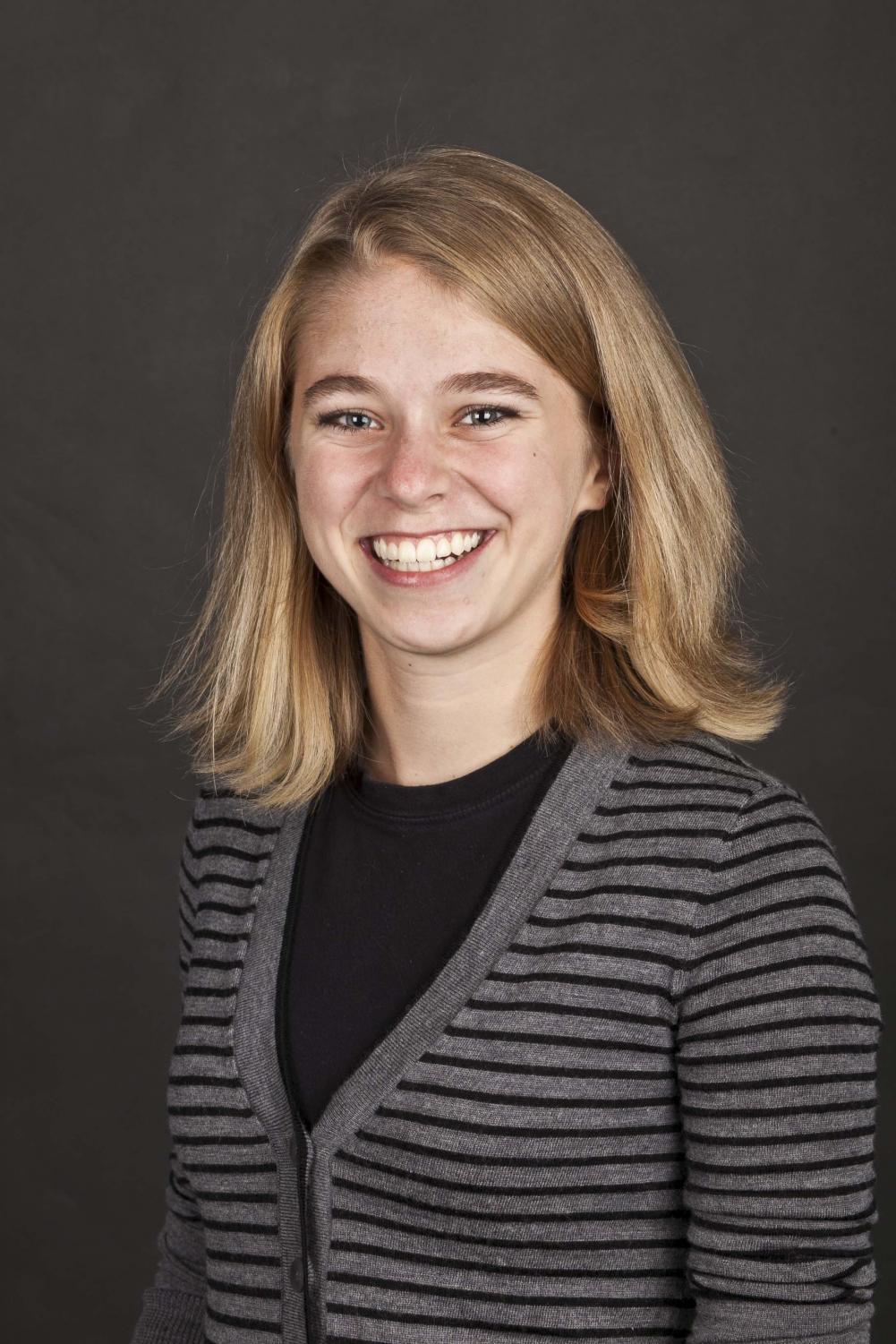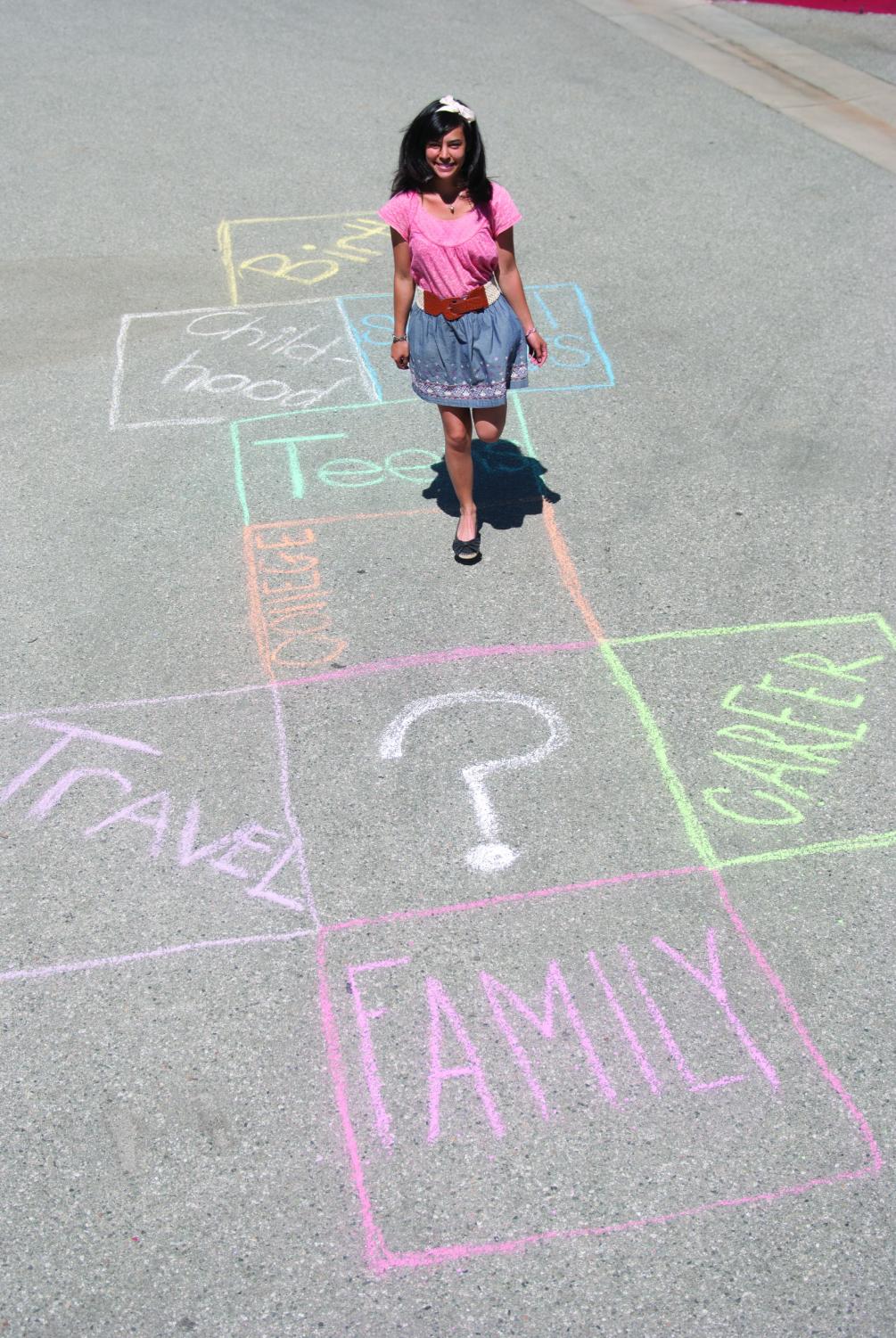
“ I said, ‘God, if this is the best moment for you to give me the visa to go to study in the United States, you will do it.’ I went to the embassy with all my faith and they gave me a visa.”
Juan Manuel Nzamio Mba Andeme was born in the village of Mitom in Equatorial Guinea. He grew up in a big family — his father had 15 children and Andeme was the youngest. He is the only one of his siblings to study in a university. Andeme explained that there were over 100 scholarships from China available to students in Equatorial Guinea, and he was one of the people in his village to get a scholarship. After passing a test, he went to China to study on a full scholarship, with tuition fees and living expenses covered.
Andeme studied Mandarin Chinese for a year and then began his undergraduate studies. He got a second scholarship to study at Harbin Engineering University in northern China, where he earned a masters degree in communications engineering. Andeme said that it was difficult to get accustomed to China — he lived in Tianjing, a big city close to Beijing, which was very cold. Coming from tropical Africa, he was shocked the first time he saw it snowing.
Andeme visited the cities of Qingdao, Hangzhou and Harbin and explored the mountains around the Great Wall. He paired his sightseeing with his studies and learned Chinese from classes and English from colleagues and YouTube. Andeme came to China speaking Spanish but picked up on Chinese and English quickly. After a year, he grew more accustomed to Chinese culture and language.
Andeme said that some Chinese people were curious about his dark skin — he believed he was the first Black person they had seen.
“Everybody is scared of you,” Andeme said. “Kids used to cry to see Black people. A lot of people think, oh, they are racist, but I don’t think that. They were curious to see a Black person for the first time, because you can go to many places in China where they haven’t seen a Black person before in their life. When they see you, they look at you, they take your picture. For me, it was something that I like, because I feel like I’m famous.”
Andeme was in China for eight years; after receiving his masters degree, he returned home to Equatorial Guinea for six months where he worked in aviation. He applied to Biola, was accepted and then applied for a visa via a DS-160 form. Andeme got a sponsor who promised to support him while studying in the U.S., but his visa was denied twice. He left it alone for five months, but decided that since he still had admission to Biola, he wanted to try again. He returned to the embassy and his visa was approved. Andeme picked up his passport at the embassy just five hours after that.
The next hurdle was money. Andeme needed funds to pay for his flight to the U.S., and after praying and talking to a close friend at his church, he decided to contact his pastor and tell him he could not afford the plane ticket. Andeme’s pastor told him to come back the next day; when he returned, his pastor withdrew over $2000 USD from the bank and gave it to Andeme to buy his plane ticket.
“Every day, I tell God that I don’t know how to pay him back for the help he gave me,” Andeme said.
When Andeme landed in Los Angeles in January, he said a Biolan who had traveled to Equatorial Guinea in 1992 hosted him in his house for two weeks. Andeme said the associate director of global student programs and development Noelle Delacruz gave him basic necessities, like pillows. Other GSPD staff members helped him set up a bank account, drove him to Chase Bank and Bank of America and got him to the DMV to take his driver’s license test.
Andeme noted both the kindness of the GSPD team and the kindness of students at Biola overall. He said people want to get to know him and ask him questions, but with this communication came some culture shock. Once, he told someone something that was personal for him, but she did not keep that secret. In Equatorial Guinea, Andeme said, people take confidentiality very seriously and trust others not to disclose private information. He also saw a disconnect at Biola between politeness and true friendship.
“Here, everybody waves to you, laughs and then is gone,” Andeme said. “It is really hard to know who is a real friend for me here because everybody is nice and talks to you in a nice way. At home, if someone is nice to you, you consider them a friend.”
Even while navigating experiences of culture shock, Andeme has enjoyed his time at the university. His plan is to finish his intercultural studies degree and return to Equatorial Guinea to work in aviation, where he has previous experience and a guaranteed job. Andeme explained that he wanted to take courses in intercultural studies because he would work daily with passengers from around the world, and he wants to communicate with them well. He holds these plans loosely, however, waiting to see what the God who has guided him across three continents has in store for him.


